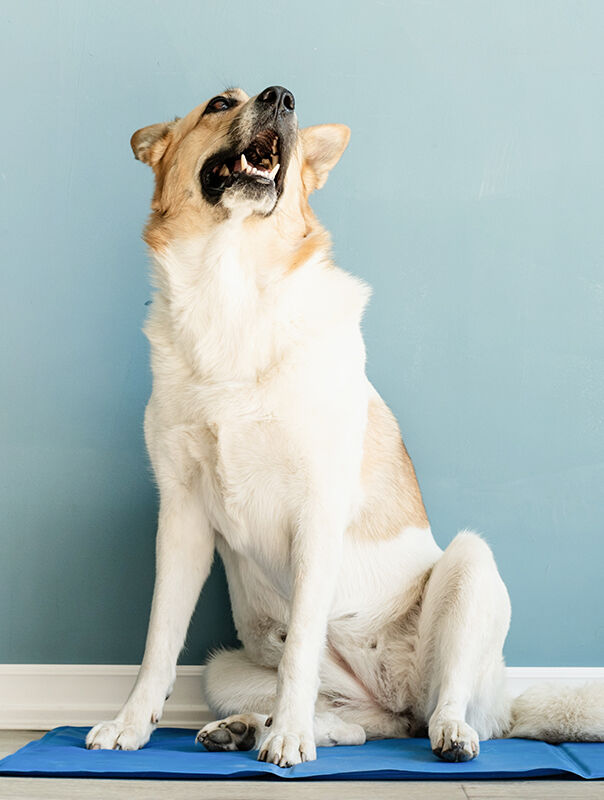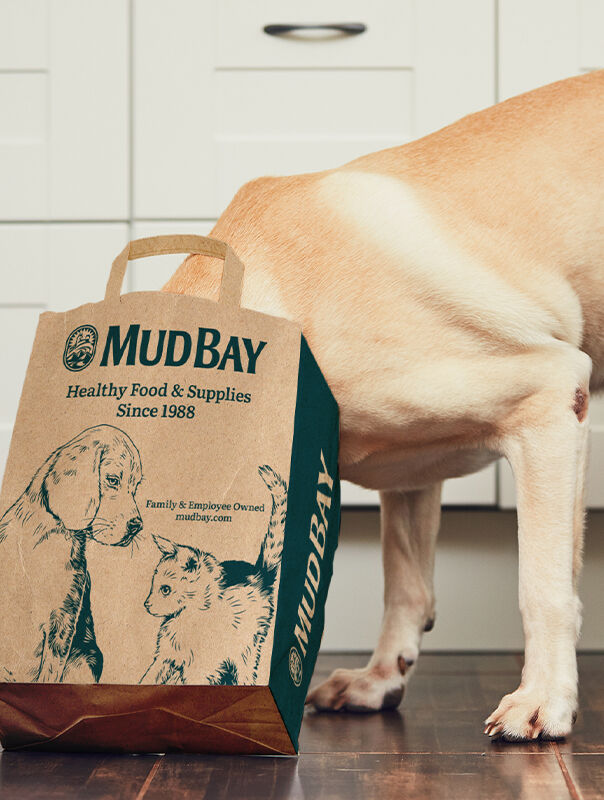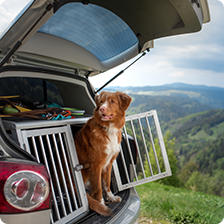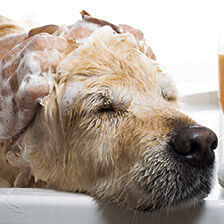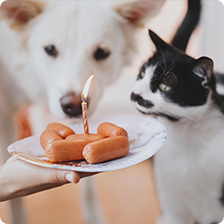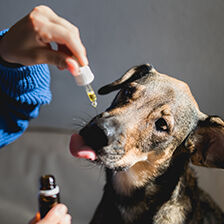SHOP OUR TOP CATEGORIES

Fireworks Anxiety? Calmatives Can Help.
Whether it's treats with soothing herbal ingredients or a shirt that provides pressure to ease anxiety, we have what you need to support your pet as you head into fireworks season.
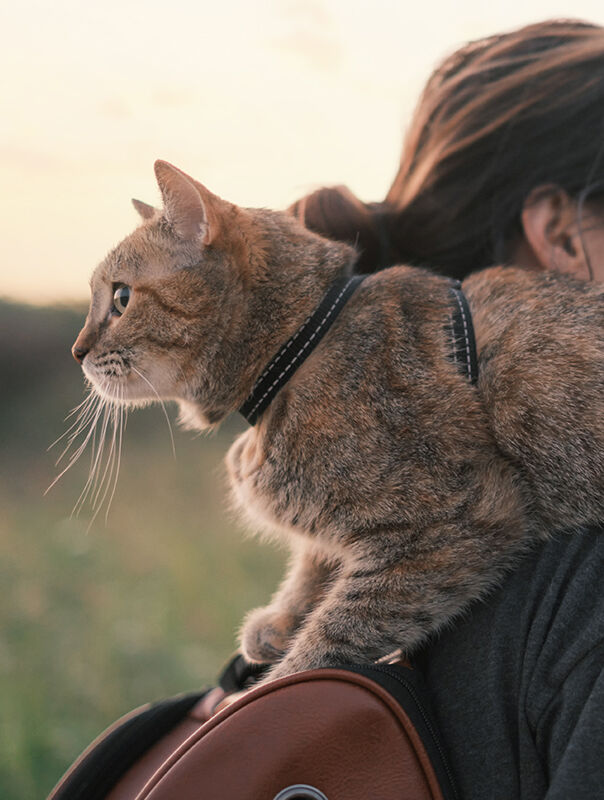
Leash Up for Adventures!
Your pet's regular leash is perfectly fine on the sidewalk. But if you're ready for adventures, consider outfitting them with a sturdy harness, adjustable waist-worn leash and other handy helpers.
10 Essentials for Adventuring with Your Pet

Have you heard the news?
We've expanded our delivery options to include new areas and even Same-Day Delivery!
.png)

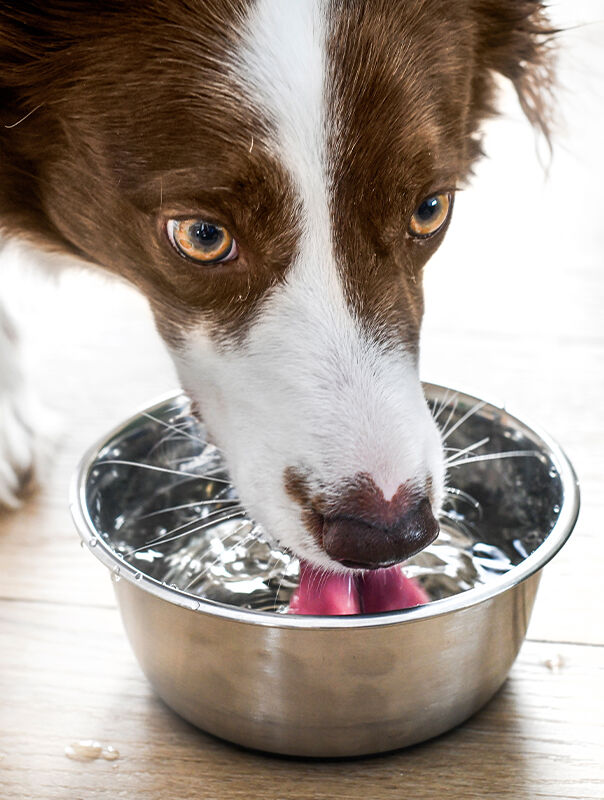

Spoil Your Kitty
Spoiling your cat with toys and treats is a fun way to bond and keep everybody happy. From feather wands to catnip mice and gourmet snacks, these little indulgences keep your feline entertained, mentally stimulated, and feeling extra loved.
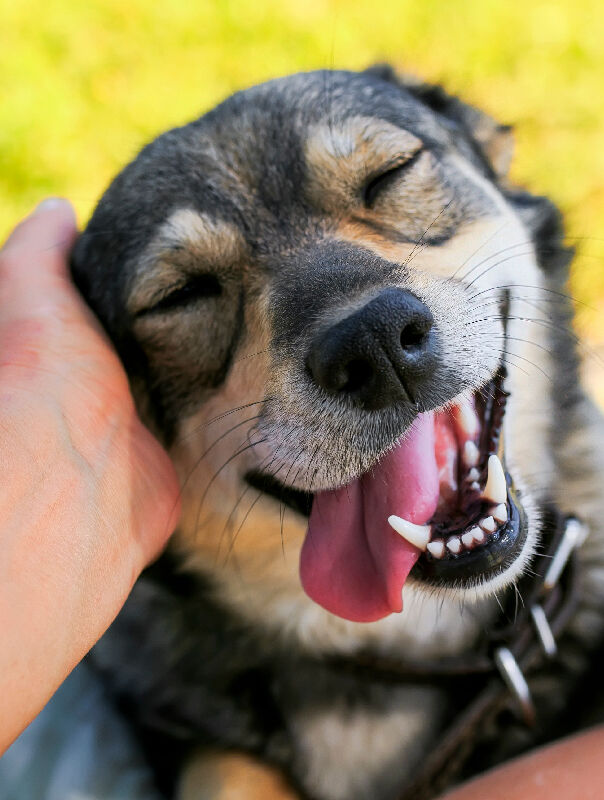
Pamper Your Pup
Treating your dog to fun toys and tasty treats is a great way to show you care. Chew toys, squeaky balls, and yummy, healthy snacks provide fun, mental stimulation, and reward good behavior—making every tail wag a little harder.

The PNW loves Mud Bay
.png)

.png)
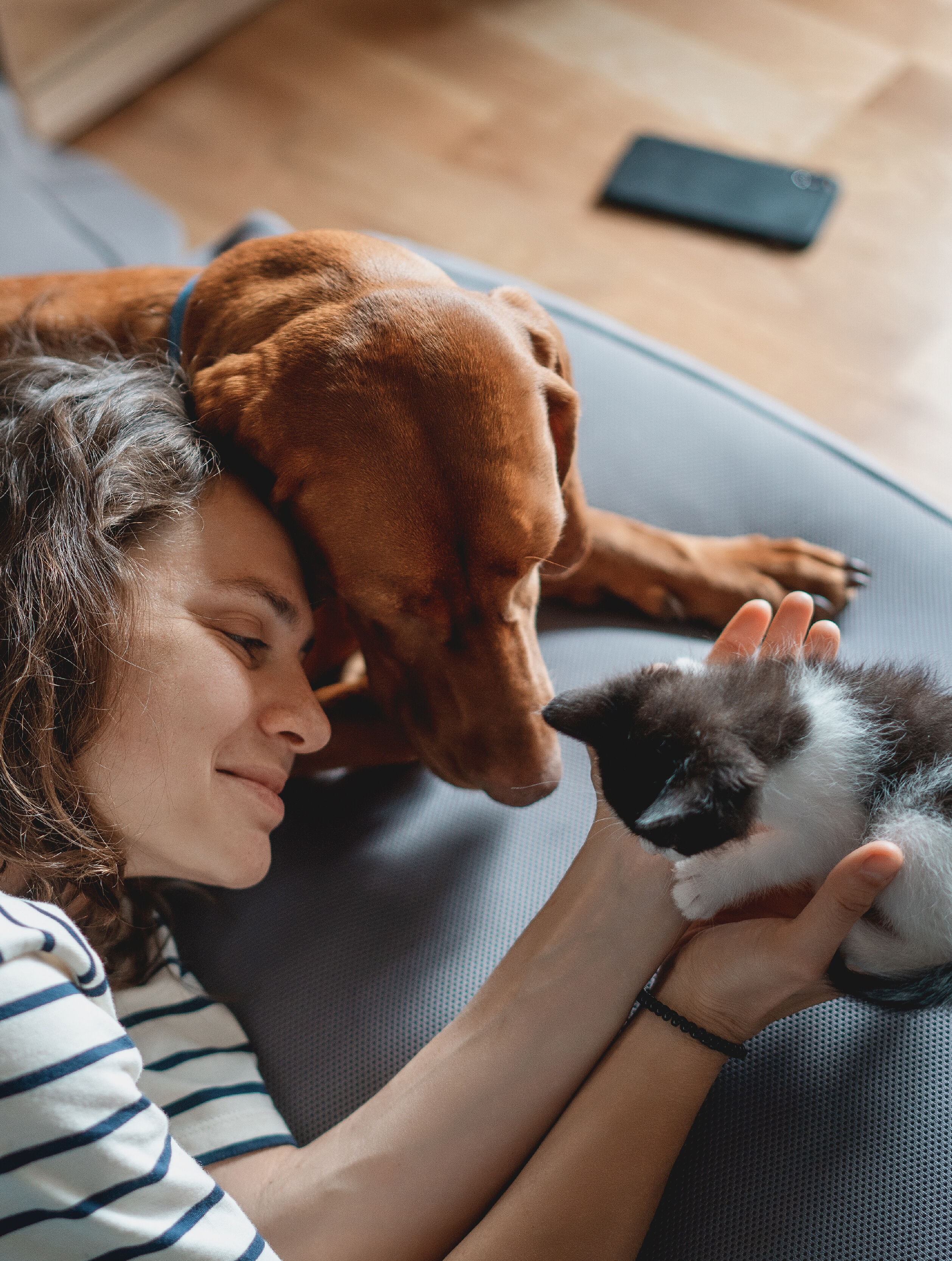
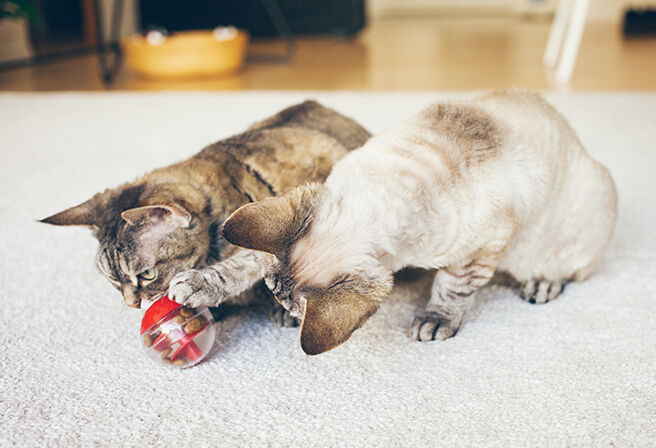

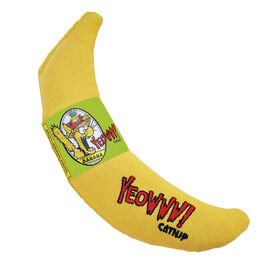




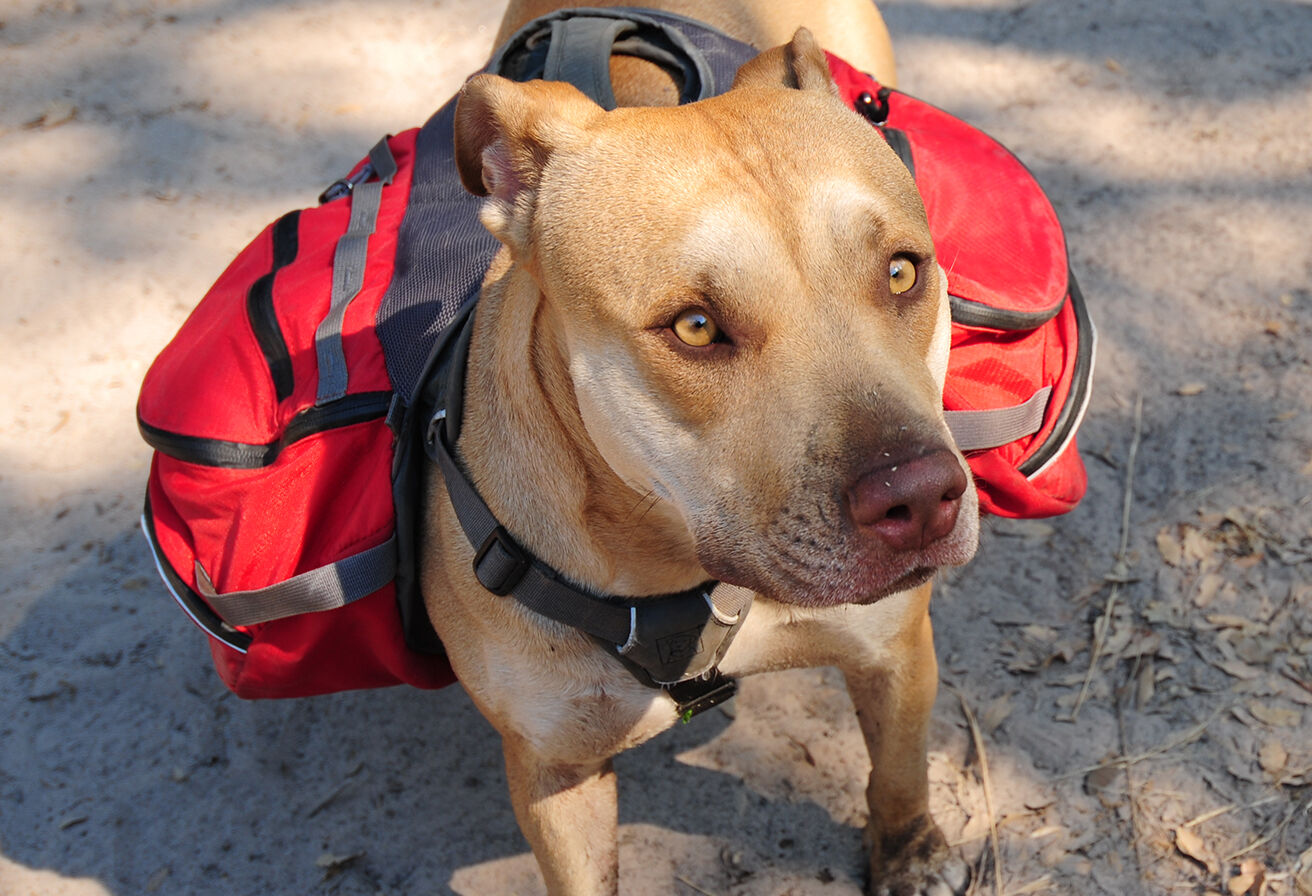
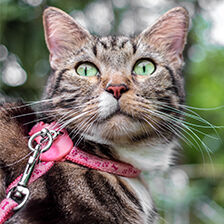
.jpg)
.jpg)
.jpg)
.jpg)
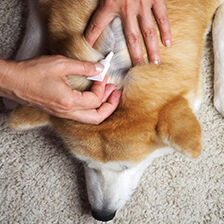
.jpg)
.jpg)
.jpg)
.jpg)






